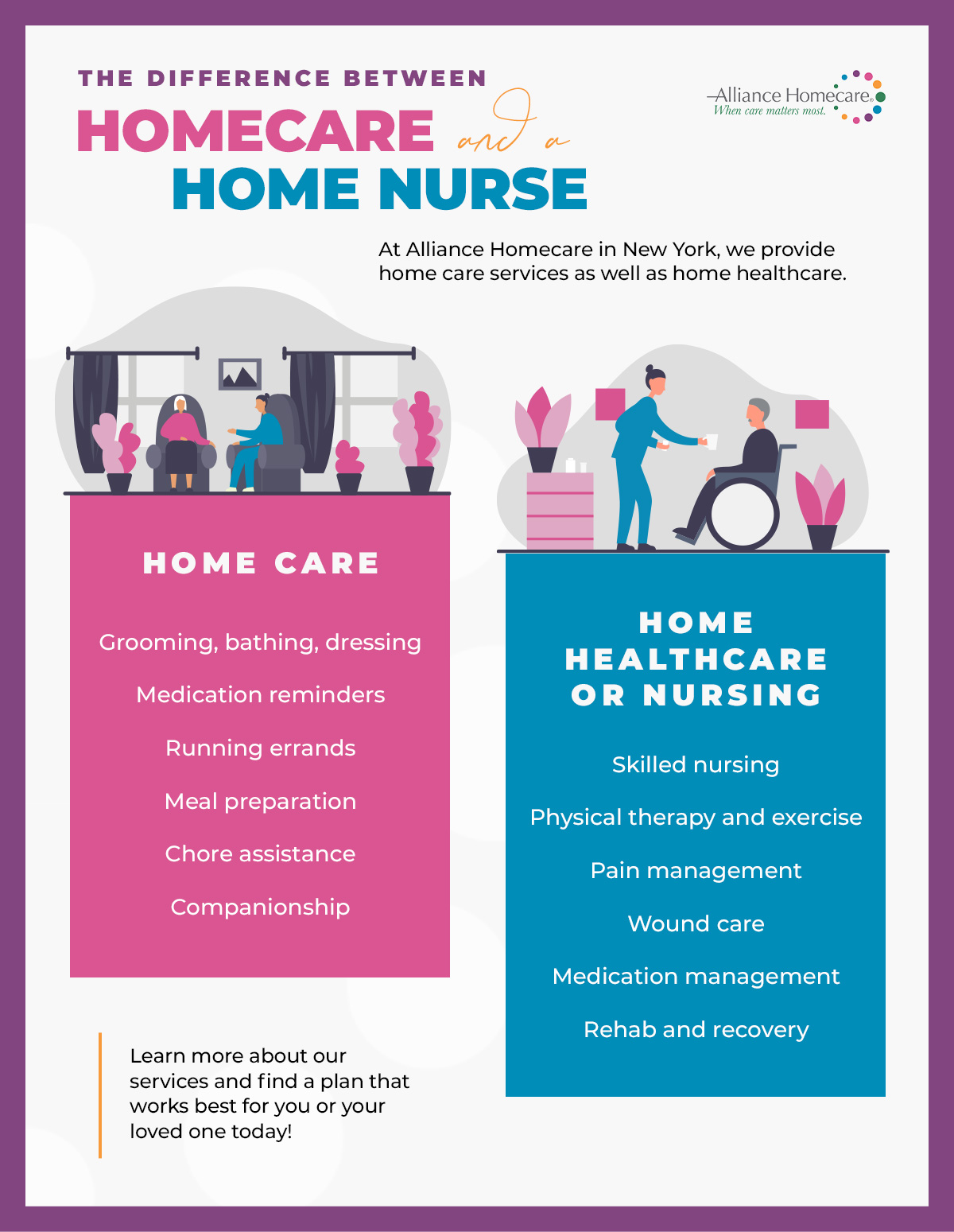Everything About Home Treatment Services for Individuals With Disabilities: NDIS Registered Support
Home treatment solutions under the NDIS play a crucial role in sustaining individuals with impairments. These services are created to boost daily living through tailored support, ranging from personal like flexibility assistance. Understanding how to navigate these choices can be complicated. This review discovers the numerous facets of NDIS home treatment, from offered solutions to the option of providers, highlighting necessary factors to consider for those looking for support. The trip towards empowered care starts below.
Recognizing the NDIS and Its Objective
The National Handicap Insurance Policy System (NDIS) works as a transformative framework made to give support and services for people with impairments. Established to enhance the high quality of life and guarantee equitable accessibility to crucial sources, the NDIS equips participants by offering individualized strategies tailored to their distinct needs. It aims to promote freedom, enabling people to pursue their personal objectives and aspirations.Through a structured technique, the NDIS assigns funding for different assistances, including education and learning, employment help, and community participation. This all-inclusive scheme not just concentrates on prompt treatment but additionally stresses lasting developmental results. By advertising choice and control, the NDIS urges participants to choose their preferred solution companies, assuring that treatment aligns with their preferences and worths. Eventually, the NDIS stands for a considerable commitment to enhancing the lives of individuals with impairments, cultivating inclusivity, and developing a much more supportive society.
Types of Home Treatment Services Available
Different sorts of home care solutions provide to people with impairments, largely concentrating on individual treatment assistance and respite care choices. Personal treatment help gives crucial support with everyday activities, while reprieve care provides short-lived alleviation for primary caregivers. Comprehending these services is crucial for ensuring the well-being of both individuals with specials needs and their family members.
Personal Treatment Support
While steering every day life can offer obstacles for individuals with disabilities, personal treatment assistance provides necessary assistance customized to their special demands. This kind of home care service encompasses a variety of tasks made to advertise self-reliance and enhance quality of life. Personal treatment assistants assist with day-to-day jobs such as showering, dressing, grooming, and toileting, ensuring individuals keep individual hygiene and convenience. They may also aid with dish preparation, medication monitoring, and mobility support. By giving customized care, these specialists equip individuals to involve more totally in their day-to-day regimens and social tasks. Overall, individual care support plays a considerable role in promoting dignity and freedom for those with impairments, permitting them to flourish in their home setting.

Respite Care Options
Reprieve treatment acts as an essential resource for families and caretakers of people with handicaps, giving temporary alleviation from the needs of everyday caregiving. This kind of service can take numerous types, including in-home respite treatment, where skilled experts check out the home to help with treatment jobs. Conversely, families might go with facility-based break treatment, where individuals receive care in a customized setting, enabling caregivers to take a break. In addition, some companies use emergency break services for unanticipated situations. These alternatives not only help alleviate caregiver stress but additionally promote the wellness of people with specials needs by offering them new experiences and social communication. In general, reprieve care plays an essential role in supporting both caretakers and those they care for.

Exactly How to Accessibility NDIS Home Treatment Providers
Accessing NDIS home treatment solutions entails recognizing the eligibility standards established forth by the National Special Needs Insurance Coverage Plan. Individuals have to browse a structured application procedure to protect the necessary assistance tailored to their demands. This section will certainly clear up both the eligibility requirements and the actions involved in looking for services.
Qualification Requirements Discussed
To certify for NDIS home treatment services, individuals have to meet details qualification standards that examine their needs and situations. First, applicants should be aged between 7 and 65 years and have a significant and permanent special needs that influences their capacity to execute day-to-day tasks. Furthermore, they need to be an Australian resident, an irreversible citizen, or hold a Protected Unique Category Visa. The NDIS needs proof of the impairment, generally with clinical assessments or reports. People must demonstrate that they call for assistance to take part in economic and social life. These standards guarantee that solutions are directed in the direction of those who genuinely require support, promoting self-reliance and enhanced lifestyle for people with handicaps.
Application Process Steps
When picking a home care copyright for individuals with impairments, it is important to take into consideration various variables that guarantee the finest fit for their special demands. Reviewing the copyright's qualifications and experience in serving individuals with similar impairments is vital. This assures that caretakers have the necessary skills and comprehending to supply appropriate support.Next, families ought to examine the series of services offered, in addition to the adaptability in care plans, to fit changing needs. Communication is another considerable aspect; a copyright that stresses clear discussion can cultivate a joint setting in between caretakers and families.Furthermore, it is significant to assess the company's online reputation in the area, which can frequently be assessed with reviews and testimonies. Lastly, the compatibility of caretakers with the person must not be forgotten, as a favorable connection can improve the general care experience.
Financing and Budgeting for Home Care Solutions
Just how can families successfully handle the financial facets of home care services for people with specials needs? First, comprehending the various funding alternatives offered is necessary. The National Impairment Insurance Scheme (NDIS) supplies financial backing tailored to private needs, permitting families to allot funds for required solutions. Households ought to assess their NDIS strategy, making certain it aligns with called for home treatment services. support at home.Developing a comprehensive budget can help in tracking expenses and managing funds much more successfully. This budget needs to consist of prepared for prices for individual treatment, therapy, and reprieve solutions. Furthermore, families must discover other economic help programs or subsidies that might be available at best site the state or regional blog level.Regularly readjusting the budget and assessing guarantees that family members stay on course and can respond to any kind of modifications in treatment needs. On the whole, proactive financial planning and resource understanding are key to efficiently taking care of home treatment service prices
The Role of Support Planners in NDIS
Support planners play a necessary duty in guiding the complexities of the National Impairment Insurance Coverage System (NDIS) for people with disabilities. They help individuals in recognizing their NDIS plans, ensuring they make notified options concerning their solutions and assistances. Assistance coordinators assist navigate the commonly intricate internet of offered sources, connecting people to proper carriers and solutions tailored to their distinct needs.Additionally, they help in establishing approaches that enhance participants' self-reliance and neighborhood participation. By promoting collaboration between various stakeholders, consisting of company and member of the family, assistance organizers create a natural assistance network. They likewise assess the performance and check of solutions, making necessary changes to enhance outcomes for people. Inevitably, assistance organizers empower individuals to take control of their lives, promoting better autonomy and a greater high quality of life within the framework of the NDIS. Their competence is vital in assisting individuals achieve their individual objectives and aspirations.
Tips for Maximizing Your Home Treatment Experience
What steps can people take to boost their home care experience? First, reliable communication with caretakers is essential. People should freely reveal their demands, issues, and choices to assure tailored support. Developing a routine can likewise produce a feeling of security and predictability, profiting both the specific and their caregivers.Another important tip is to stay proactively associated with the treatment strategy. On a regular basis evaluating and readjusting goals with assistance coordinators ensures that solutions straighten with evolving needs. Additionally, individuals must promote for themselves, seeking information on solutions and revealing preferences.Building a relationship with caretakers fosters a relying go to this web-site on partnership, enhancing the general experience. Making use of readily available sources, such as neighborhood programs or support groups, can offer additional help and social communication. By taking these steps, people can optimize their home care experience, resulting in improved health and complete satisfaction.
Frequently Asked Questions
Can I Pick My Very Own Support Employees Via NDIS?
The private asked whether they could select their very own assistance employees under the NDIS framework. Normally, participants have the flexibility to pick assistance employees, cultivating personalized care that lines up with their certain demands and preferences.
What Happens if My Demands Adjustment After Obtaining Support?
If an individual's needs change after getting support, they must communicate these modifications to their company. Adjustments can be made to the care plan, making certain that the support continues to be pertinent and efficient for their conditions.

Exist Limits on The Number Of Hours of Treatment I Can Obtain?
The individual inquired regarding possible restrictions on the variety of care hours received. Normally, such restrictions may exist based on specific plans or funding setups, highlighting the significance of evaluating guidelines and contracts frequently.
Can I Use NDIS Funding for Home Modifications?
The inquiry of making use of financing for home alterations emerges regularly. Generally, individuals may utilize NDIS financing for needed adjustments to their homes, making certain access and safety and security, section upon meeting specific eligibility standards and standards.
Just how Do I Take care of Issues Regarding My Home Treatment Solutions?
To attend to problems regarding home care solutions, individuals must initially document their concerns. After that, they can interact straight with their company, looking for resolution, or intensify the issue to pertinent oversight bodies if needed. Home treatment services under the NDIS play a pivotal function in supporting people with specials needs. Various kinds of home care solutions provide to individuals with disabilities, primarily focusing on individual care assistance and respite treatment alternatives. home care providers melbourne. Personal care support provides crucial support with day-to-day tasks, while respite treatment supplies momentary alleviation for main caretakers. Households may decide for facility-based break care, where individuals obtain treatment in a specialized atmosphere, allowing caregivers to take a break. Just how can families efficiently take care of the economic aspects of home care solutions for people with impairments?
Comments on “A step-by-step guide to working with home care providers under the NDIS”